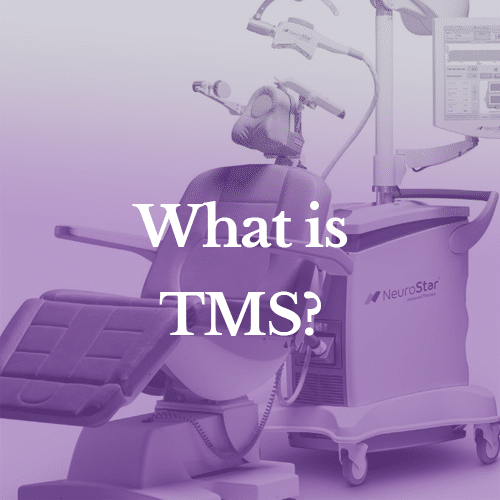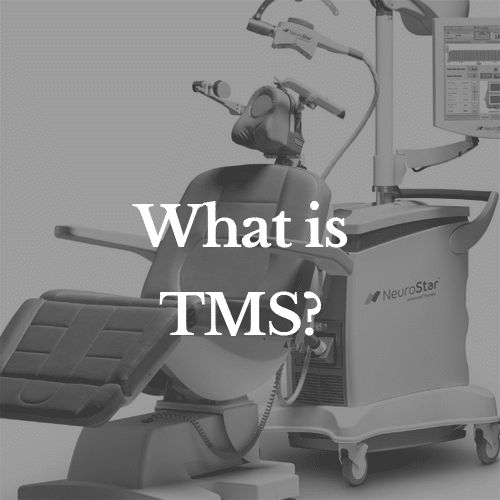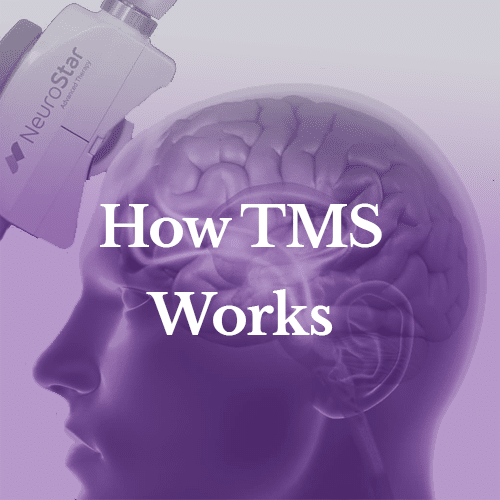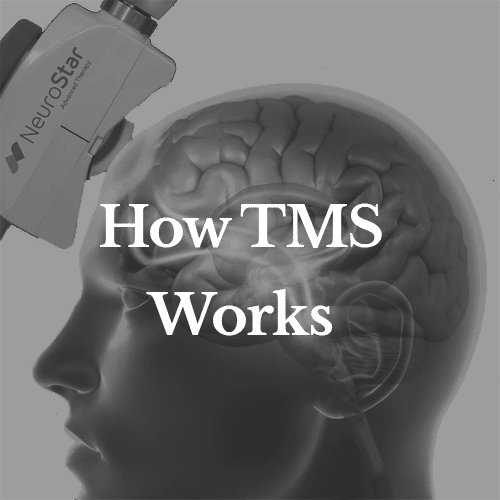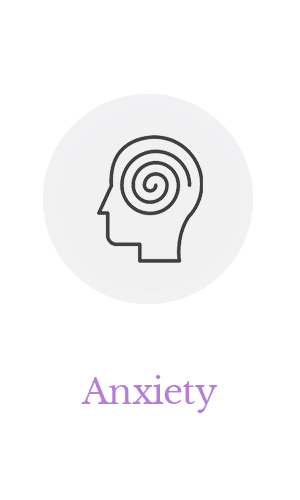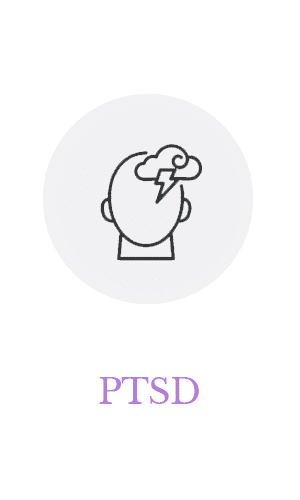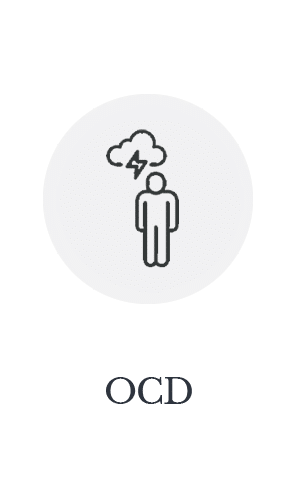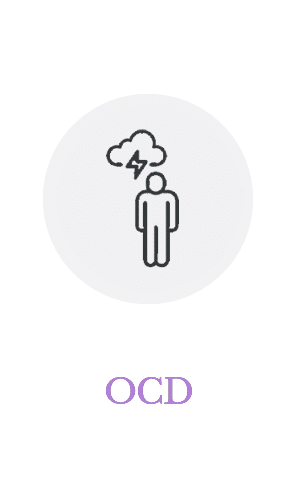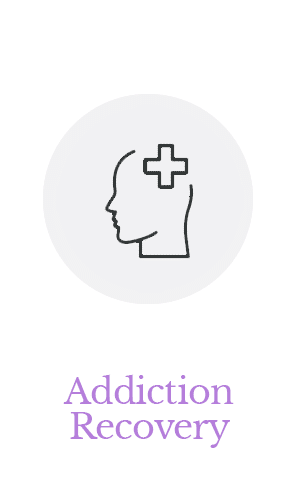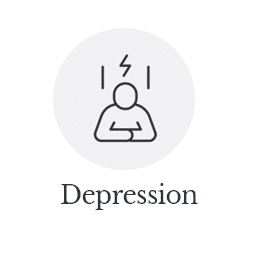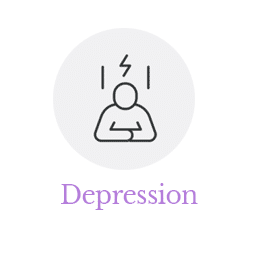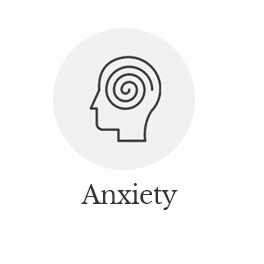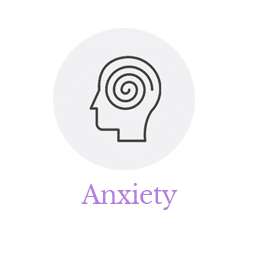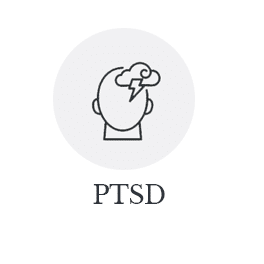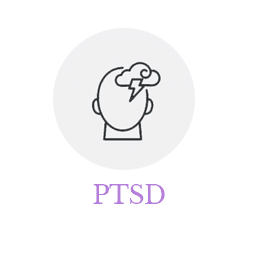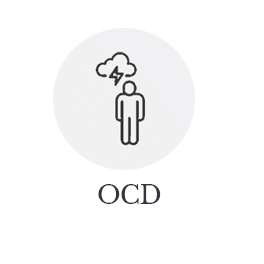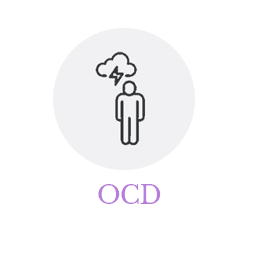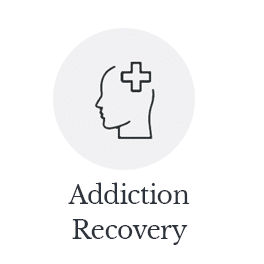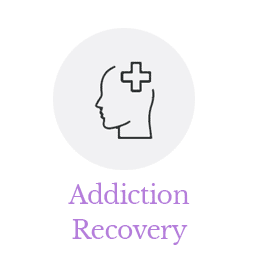Are you or someone you care about suffering from treatment-resistant depression? Although in some cases, depression can be cured with a combination of appropriate medication and talking therapy, in other cases, conventional interventions can make little difference. The effects of stubborn depression can be devastating, both for the sufferer and for their loved ones.
Here we look at five actions that may make life more bearable for sufferers and their families. Even if these interventions don’t completely relieve long-term depression, it may be the case that some short-term easing of symptoms that patients experience. We recognize that, for sufferers of disabling depression, it may seem as if there is no hope of relief.
Thankfully, the reality is that a different approach, or a change in external circumstances, may still result in symptoms lessening or even going into complete remission.
Try to Keep Doing What you Used to Enjoy
One of the many unpleasant symptoms of depression is how it sucks the joy out of the sufferer’s activities. Many people living with depression can’t imagine that they will experience feelings of excitement, joy, or satisfaction again. Even if they enjoy taking part in their hobbies, playing sports, spending time with loved ones, or doing other pleasurable activities, it’s frequently the case that now these pastimes evoke no positive emotion.
If this is the case, it’s important to continue participating in these activities, even if you don’t feel any better after doing so. Research shows that people who engage in pleasurable activities gain psychological and physical benefits. These benefits could play a critical role in preventing existing depression from getting worse.
Don’t Withdraw
People suffering from depression may find it exhausting to deal with people. Relatives may find dealing with sufferers of depression exhausting and demoralizing, especially when the condition appears to be long-term. To maximize the chances of depression stabilizing, and hopefully, in time, lifting, and maintaining personal relationships is vital.
Gentle but consistent and supportive input from friends and relatives has shown to make a positive difference to a depressed person’s state of mind, even if it doesn’t offer significant relief. Keeping communication going is vital to reducing feelings of isolation, making negative, depressive feelings much worse.
Try Alternative Interventions
It’s not surprising that people suffering from what seems like incurable depression may give up hope that any treatment is going to make much difference. Feelings of hopelessness are part of depression. The failure of conventional approaches to treating the condition can lead sufferers to feel that there is no hope of ever finding a cure or feeling better: that their current reality is all that remains to them.
Thankfully, there are many alternative treatments out proven to make a measurable difference to depressive symptoms. For example, Transcranial Magnetic Stimulation (TMS) is a relatively new, safe, and painless medical procedure shown to relieve depression in sufferers for whom conventional treatments have failed.
Some studies suggest that more than half of patients suffering from treatment-resistant depression enjoyed a noticeable improvement in depressive symptoms after a course of TMS treatment.
It’s also worth seeking a consultation with a new psychiatrist or another suitably qualified medical provider. Different professionals have different options that they can offer patients, increasing the chances of finding a treatment that makes a difference.
Journal
While journaling on its own is unlikely to make much difference to people with stubborn depression, what it can do is provide a record of a sufferer’s condition over time.
Some people find writing a journal a therapeutic tool in itself. For others, it can provide a valuable resource to look back on to identify triggers or interventions that have made a difference, no matter how slight, to depressive symptoms.
The information contained in a journal can help sufferers develop a customized approach to their illness. Sufferers can begin to take control of their symptoms, using the data in their journals to decide on activities and interventions that make a positive difference to their health. Journaling facilitates a lifestyle that’s specifically adapted to their personal needs.
Take Care of Physical Health Needs
The link between physical and mental health issues has been documented. Physical health problems have a direct impact on depressive symptoms. Conversely, depressive symptoms can result in a measurable effect on physical health. A holistic approach to well-being is key to minimizing the impact of poor mental health on physical health.
Although conventional lifestyle advice (a healthy diet, regular exercise, good sleep hygiene, and removing any reliance on stimulants) can be challenging to follow, it’s always worth trying.
In addition, loved ones can work with the sufferer to facilitate attendance at medical appointments and encourage sufferers to take prescribed medication correctly.
Medical practitioners must investigate physical symptoms thoroughly and correctly – it’s all too easy for sufferers of depression to be fobbed off by medics wrongly attributing their physical symptoms to poor mental health. Loved ones can often advocate effectively in these circumstances, assisting sufferers of depression in getting the correct treatment for physical health problems.
Help is Available
Learning how to cope with treatment-resistant depression isn’t easy, but it is possible. Finding a compassionate medical provider with the right skills and therapeutic interventions to make a difference is vital. Inland Empire TMS offers a suite of services proven to make a difference to depressive symptoms in long-term sufferers.
Get in touch to find out more about how TMS and appropriate psychiatric intervention can make a noticeable difference to treatment-resistant depression.

